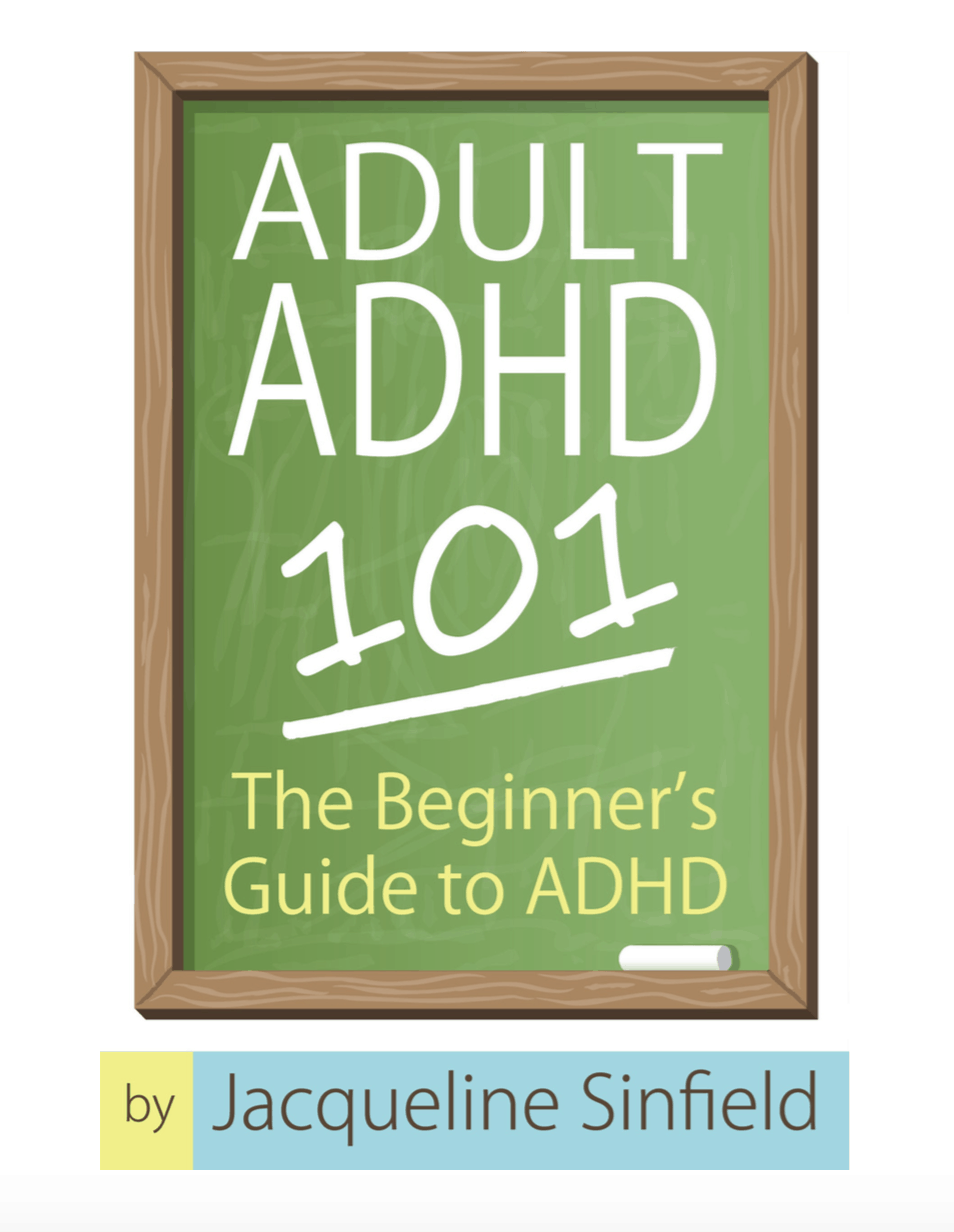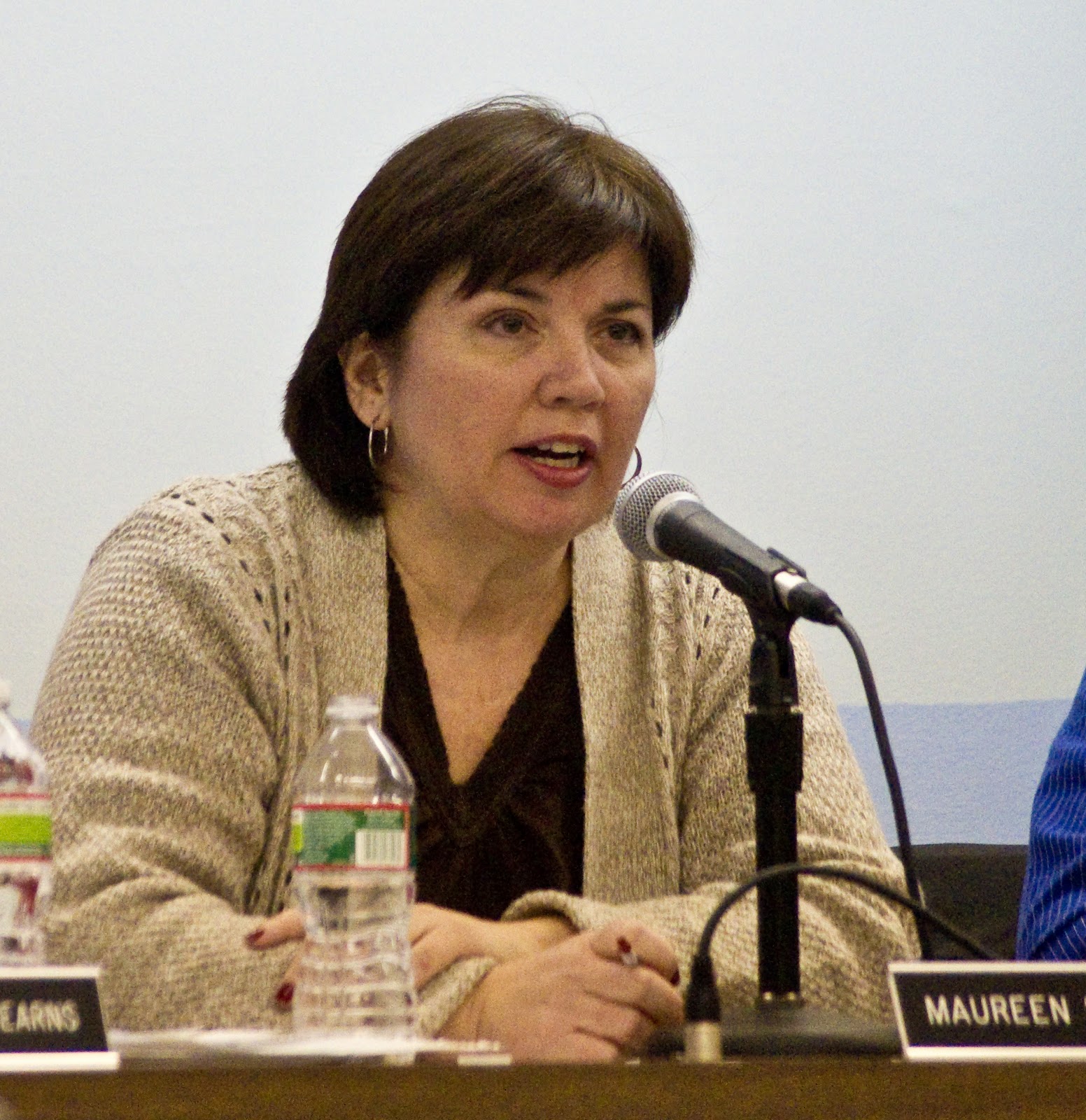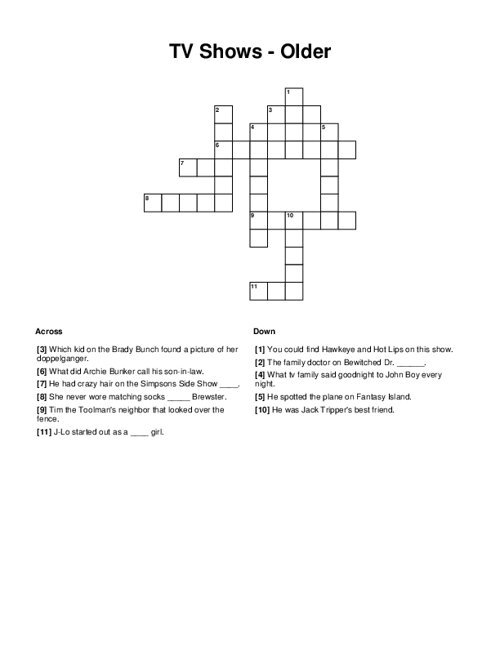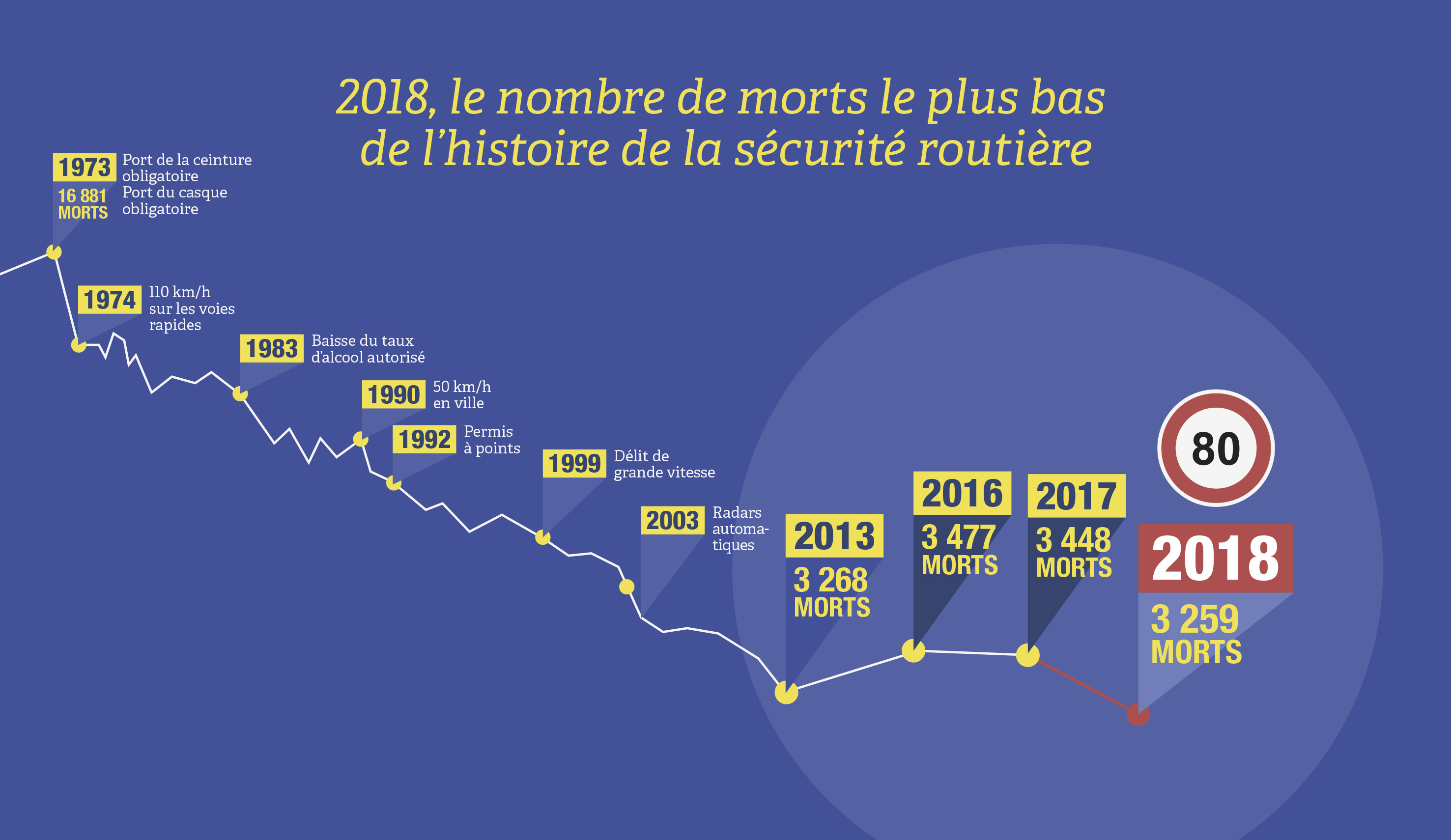I Think I Have Adult ADHD: A Guide To Next Steps

Table of Contents
Recognizing the Signs of Adult ADHD
Adult ADHD presents differently than in children. While hyperactivity might be less pronounced, other symptoms often dominate. Recognizing these subtle signs is the first crucial step.
Common Symptoms of Adult ADHD
Many adults with ADHD experience a combination of the following:
-
Difficulty focusing and sustaining attention: Struggling to concentrate on tasks, easily distracted by irrelevant stimuli, mind wandering frequently. This isn't simply daydreaming; it's a persistent struggle impacting productivity and daily life. For example, you might start a project, get sidetracked by an email, then find yourself hours later having accomplished nothing.
-
Impulsivity: Acting without thinking, making hasty decisions, interrupting conversations frequently, difficulty controlling emotions. This can lead to regrettable actions, financial problems, or strained relationships. Examples include impulsive spending, blurting out inappropriate comments, or engaging in risky behaviors.
-
Hyperactivity (or internal restlessness): This might manifest as excessive fidgeting, tapping feet, or an inability to sit still. In adults, it often presents as internal restlessness – a feeling of being constantly "on edge," unable to relax or quiet the mind.
-
Problems with organization and time management: Difficulty planning, prioritizing tasks, and meeting deadlines. This can lead to chronic lateness, missed appointments, and a feeling of being constantly overwhelmed. For instance, you might struggle to manage household chores, complete work projects on time, or keep track of important documents.
-
Forgetfulness: Frequently misplacing items, forgetting appointments or commitments, struggling to remember details or instructions. This isn't simply occasional forgetfulness; it's a persistent pattern impacting daily functioning.
-
Emotional dysregulation: Experiencing intense and rapidly shifting emotions, difficulty managing frustration or anger, prone to emotional outbursts. This can strain personal relationships and make it difficult to navigate challenging situations.
-
Difficulty prioritizing tasks: Struggling to determine which tasks are most important, leading to procrastination and a sense of being overwhelmed by even small tasks. This can lead to missed deadlines and unfinished projects.
-
Procrastination: Chronic delaying of tasks, even those that are important or urgent. This is often driven by feelings of overwhelm or avoidance of difficult tasks.
-
Relationship challenges: Difficulty maintaining relationships due to impulsivity, communication problems, or emotional dysregulation.
ADHD vs. Other Conditions
The symptoms of ADHD can overlap with other conditions, such as anxiety, depression, and learning disabilities. This makes self-diagnosis unreliable. For example, difficulty concentrating can be a symptom of both ADHD and anxiety. Similarly, impulsivity might be confused with bipolar disorder. A professional diagnosis is essential to differentiate ADHD from other conditions and ensure appropriate treatment. A comprehensive evaluation will rule out other potential causes of your symptoms.
Seeking a Professional Diagnosis for Adult ADHD
Getting a proper diagnosis is crucial for accessing effective treatment.
Finding the Right Professional for ADHD Assessment
Several healthcare professionals can diagnose ADHD. These include:
- Psychiatrists: Medical doctors specializing in mental health, often prescribe medication.
- Psychologists: Professionals trained in diagnosing and treating mental health conditions, may offer therapy but typically don't prescribe medication.
- Neuropsychologists: Specialize in the relationship between brain function and behavior, often conduct comprehensive neuropsychological testing.
- Clinical social workers: Trained to assess and treat mental health conditions, may provide therapy and support.
It’s important to find a provider experienced in diagnosing and treating adults with ADHD. Online screenings can be a helpful starting point to explore your concerns, but they are not a replacement for a full professional evaluation.
What to Expect During an ADHD Assessment
The assessment process typically involves:
- Review of medical history: A detailed discussion of your symptoms, family history of ADHD, and past medical and psychological experiences.
- Symptom questionnaires: Completing standardized questionnaires that assess ADHD symptoms.
- Interviews: Discussions with the professional to gather more information about your symptoms, daily life, and challenges.
- Neuropsychological testing (sometimes): Tests assessing cognitive functions like attention, memory, and executive functions to further clarify the diagnosis.
Be honest and thorough during the assessment. The more information you provide, the more accurate the diagnosis will be.
Exploring Treatment Options for Adult ADHD
Treatment for adult ADHD typically involves a combination of approaches.
Medication Management for Adult ADHD
Medication can be highly effective for managing ADHD symptoms. Commonly prescribed medications include:
-
Stimulant medications: Methylphenidate (Ritalin, Concerta) and amphetamine (Adderall, Vyvanse) are stimulants that increase dopamine and norepinephrine levels in the brain, improving focus and attention.
-
Non-stimulant medications: Atomoxetine (Strattera) is a non-stimulant medication that works differently than stimulants, affecting norepinephrine levels.
It's crucial to work closely with your healthcare provider to find the right medication and dosage, and to monitor for potential side effects. Medication management is an ongoing process that may require adjustments over time.
Therapy and Lifestyle Changes for ADHD
Medication often works best when combined with therapy and lifestyle changes. These can include:
-
Cognitive Behavioral Therapy (CBT): Helps identify and change negative thought patterns and behaviors contributing to ADHD challenges.
-
Behavioral therapy: Focuses on teaching coping mechanisms and strategies for managing impulsivity and improving organizational skills.
-
Coaching: Provides personalized support and guidance to develop strategies for managing various aspects of daily life affected by ADHD.
-
Organization strategies: Implementing systems and tools for better organization and time management.
-
Time management techniques: Learning effective techniques for prioritizing tasks, setting realistic goals, and breaking down large tasks into smaller, more manageable steps.
-
Mindfulness practices: Techniques like meditation and yoga can help improve focus, reduce stress, and enhance emotional regulation.
-
Exercise: Regular physical activity can improve mood, focus, and sleep quality.
-
Sleep hygiene: Establishing a regular sleep schedule and creating a relaxing bedtime routine to improve sleep quality.
Conclusion: Taking Control of Your Adult ADHD
Navigating a suspected adult ADHD diagnosis involves recognizing the signs, seeking a professional assessment, and exploring treatment options. This might include medication like stimulants or non-stimulants, and complementary therapies such as CBT, behavioral therapy, and lifestyle adjustments. Remember, many effective strategies exist to manage adult ADHD symptoms and improve your quality of life. If you suspect you have adult ADHD, taking the first step towards a diagnosis is crucial. Don't hesitate to contact a healthcare professional to discuss your concerns and begin the process of getting the support you need. Schedule a consultation today and take control of your life.

Featured Posts
-
 How To Buy Capital Summertime Ball 2025 Tickets
Apr 29, 2025
How To Buy Capital Summertime Ball 2025 Tickets
Apr 29, 2025 -
 Is Ai Truly Thinking Examining The Cognitive Processes Of Artificial Intelligence
Apr 29, 2025
Is Ai Truly Thinking Examining The Cognitive Processes Of Artificial Intelligence
Apr 29, 2025 -
 The Impact Of Social Media On Adhd Perceptions
Apr 29, 2025
The Impact Of Social Media On Adhd Perceptions
Apr 29, 2025 -
 Pete Roses Ineligibility Mlb Weighs Petition For Removal
Apr 29, 2025
Pete Roses Ineligibility Mlb Weighs Petition For Removal
Apr 29, 2025 -
 You Tube A New Home For Classic Tv Shows And Older Viewers
Apr 29, 2025
You Tube A New Home For Classic Tv Shows And Older Viewers
Apr 29, 2025
Latest Posts
-
 Yate Recycling Centre Incident Air Ambulance On Scene
Apr 30, 2025
Yate Recycling Centre Incident Air Ambulance On Scene
Apr 30, 2025 -
 Reduire La Mortalite Routiere L Efficacite Des Glissieres De Securite Sur Les Routes Francaises Or Adapt The Country As Needed
Apr 30, 2025
Reduire La Mortalite Routiere L Efficacite Des Glissieres De Securite Sur Les Routes Francaises Or Adapt The Country As Needed
Apr 30, 2025 -
 Air Ambulance Called To Incident Near Yate Recycling Centre
Apr 30, 2025
Air Ambulance Called To Incident Near Yate Recycling Centre
Apr 30, 2025 -
 Ameliorer La Securite Routiere L Installation De Glissieres Un Investissement Pour Sauver Des Vies
Apr 30, 2025
Ameliorer La Securite Routiere L Installation De Glissieres Un Investissement Pour Sauver Des Vies
Apr 30, 2025 -
 Get Google Slides Free Android I Os Web App Download
Apr 30, 2025
Get Google Slides Free Android I Os Web App Download
Apr 30, 2025
